Needle exchange finds new home in ‘epicenter’ of Philly’s drug corridor
-
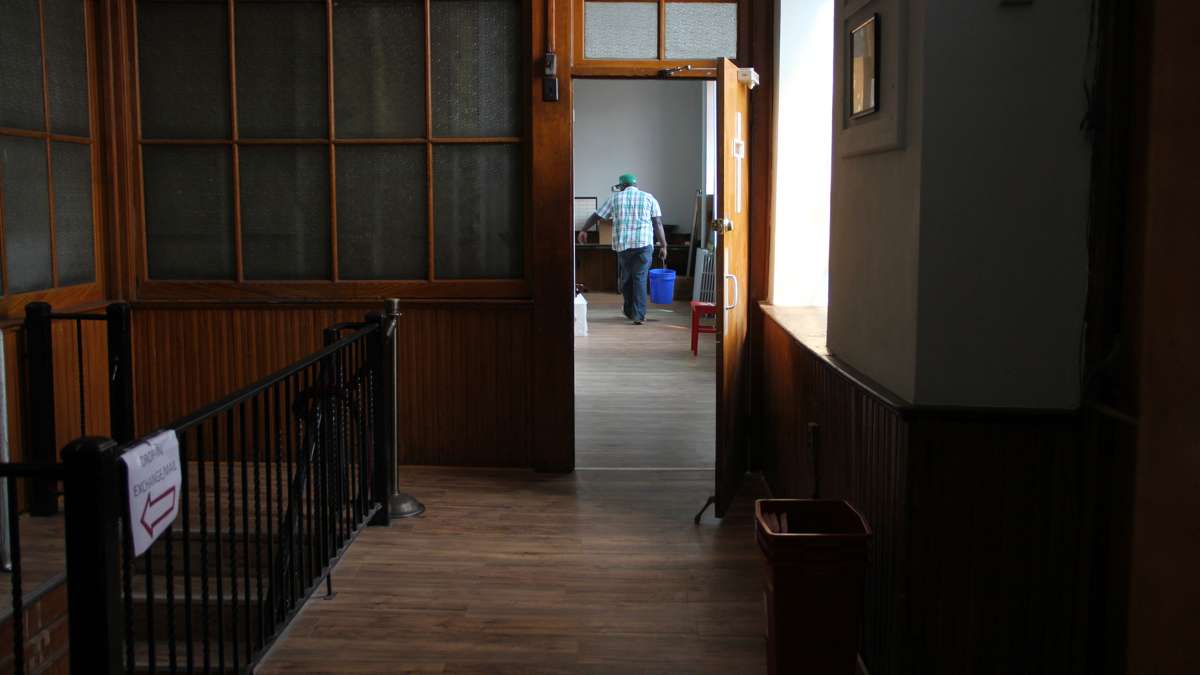
-
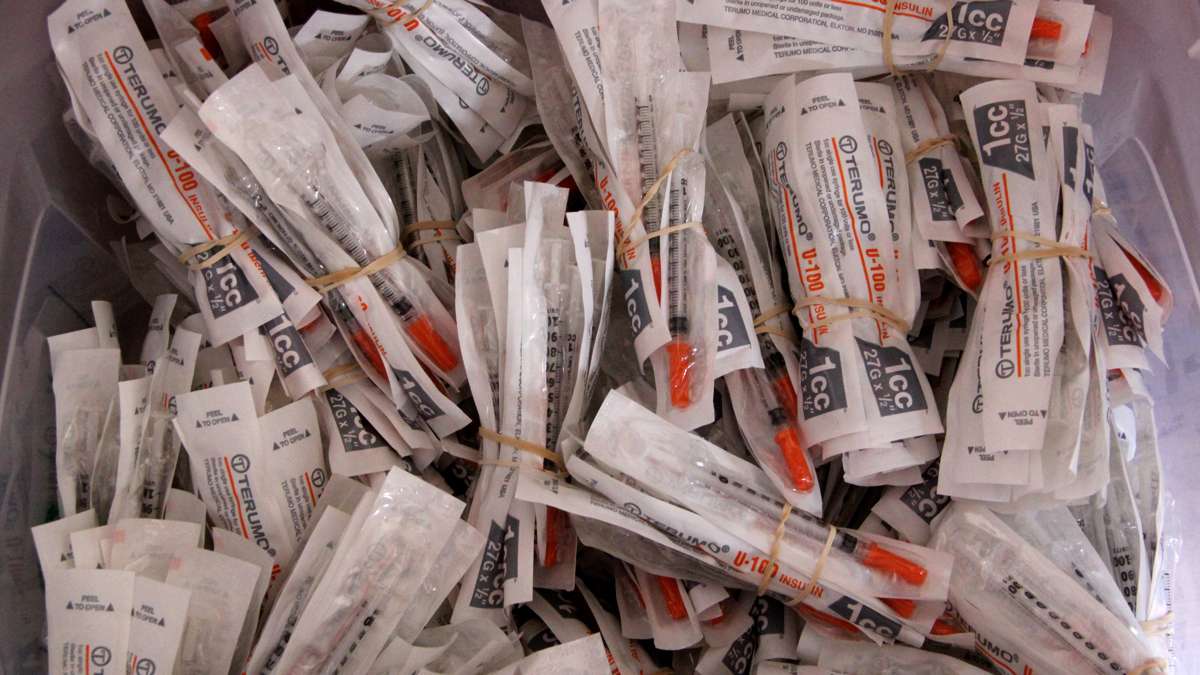
-
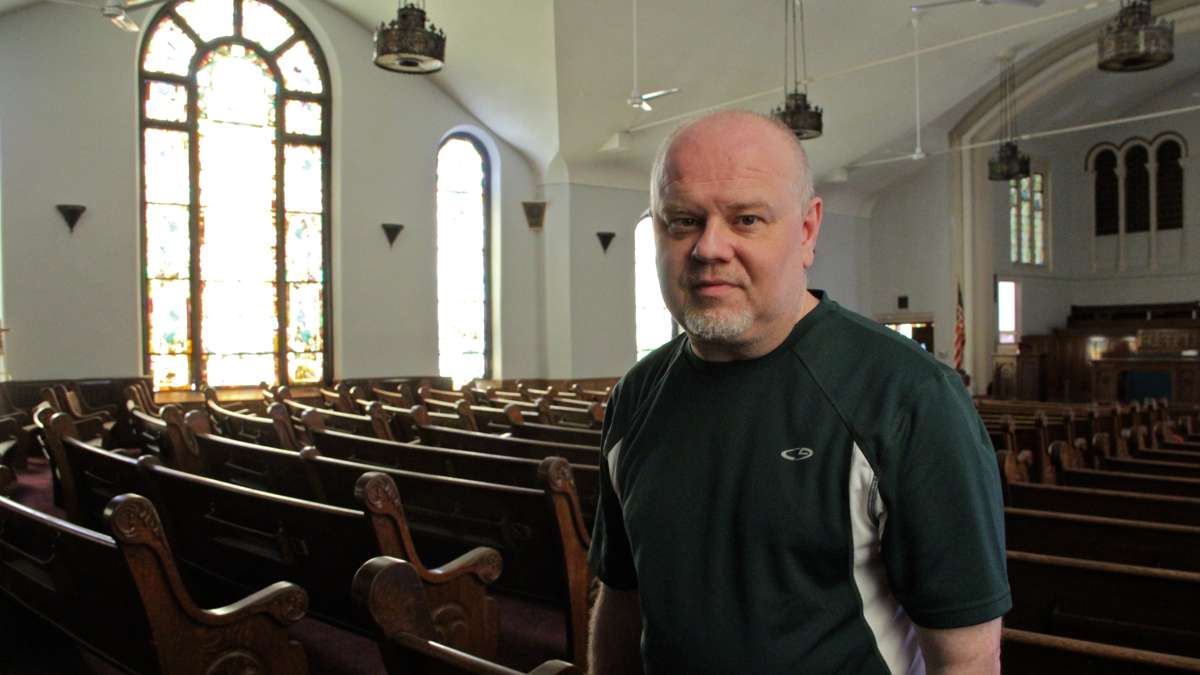
-
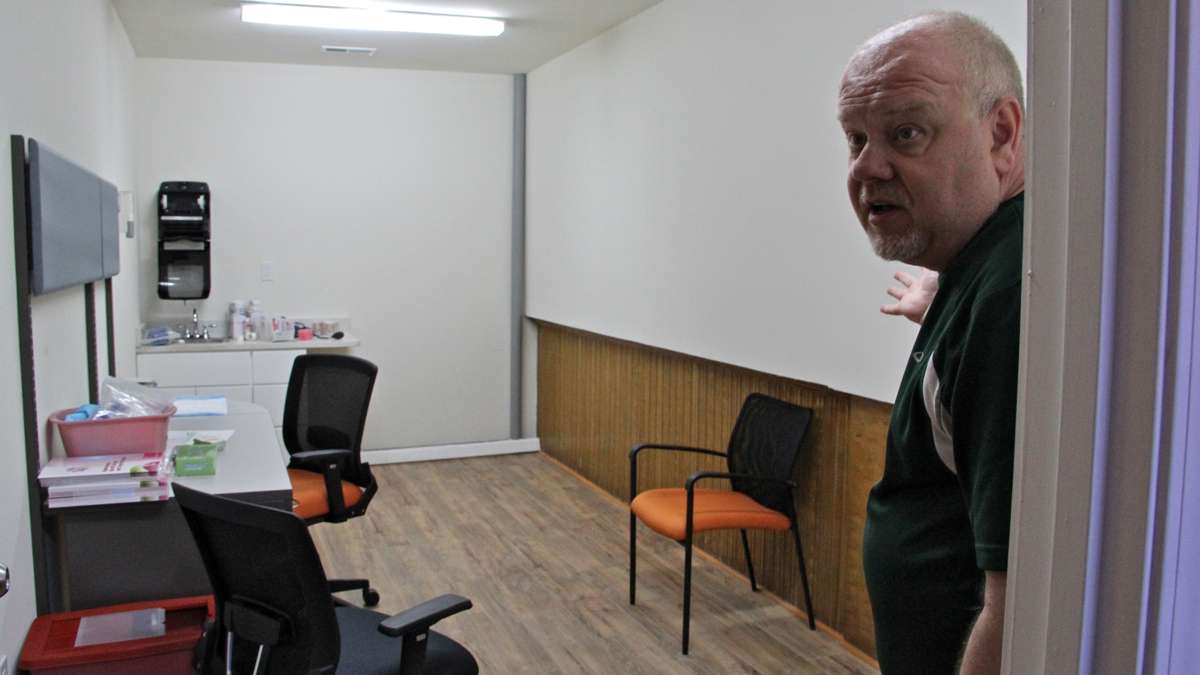
-
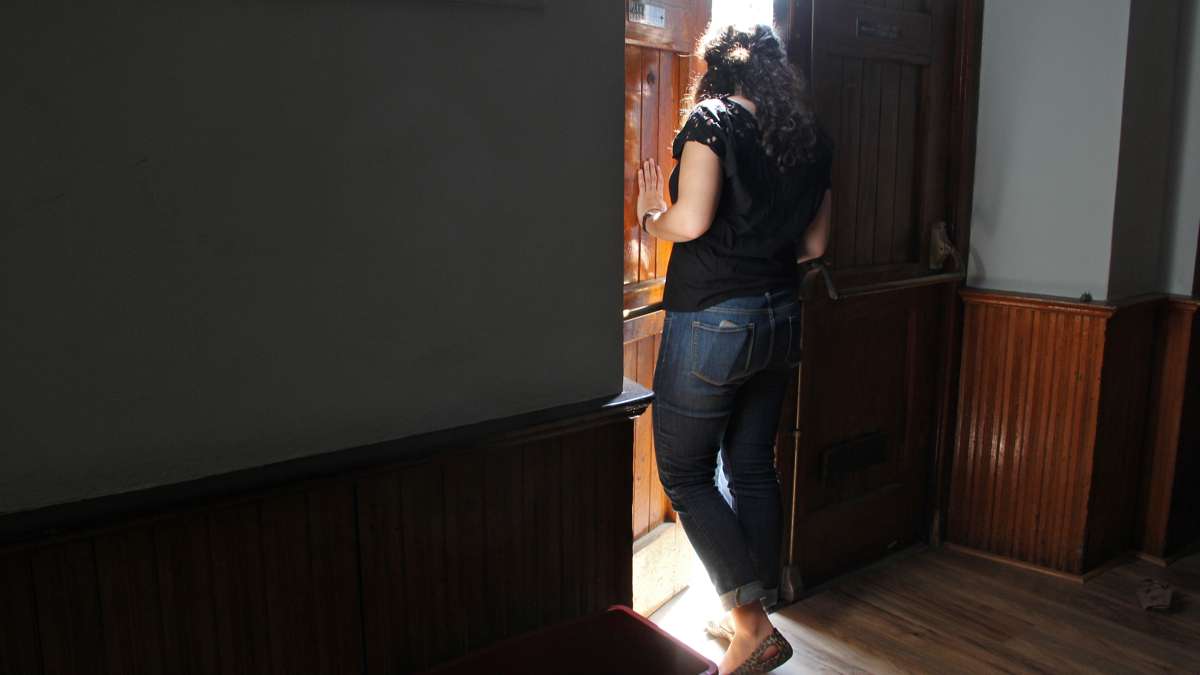
-
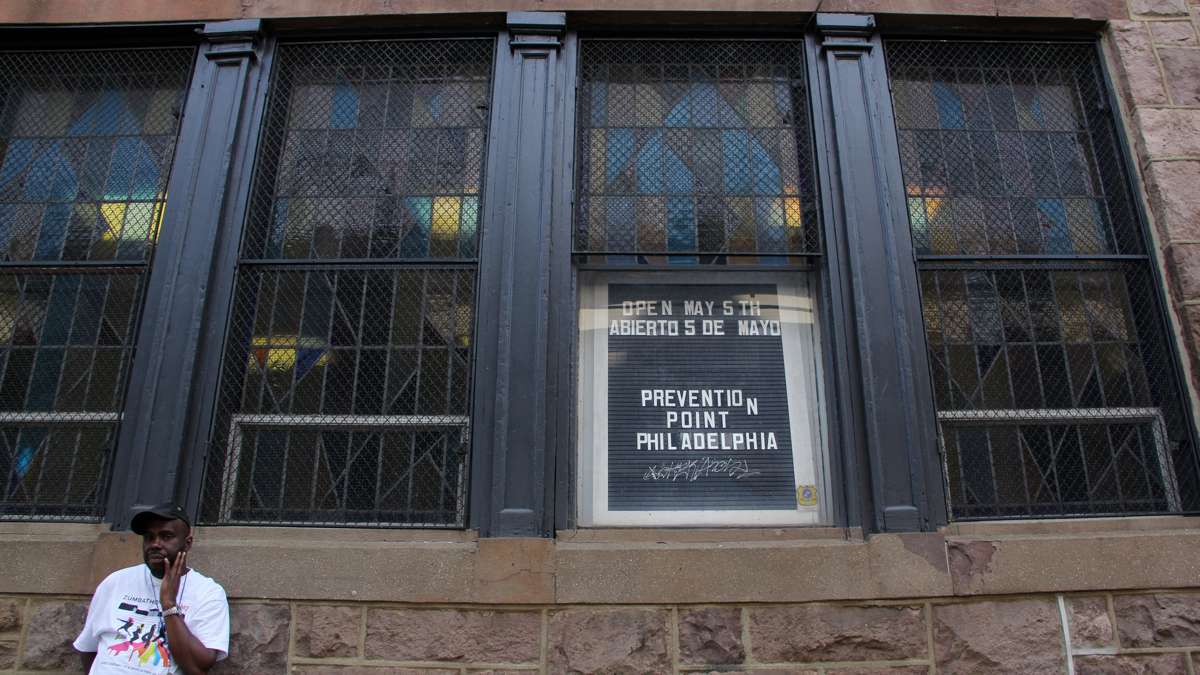
Kimberly Paynter 2:08 PM Prevention Point, Philadelphia's only needle exchange program, has moved into Simpson Methodist Memorial on Kensington Avenue, where added space will enable the program to offer more support services. (Emma Lee/WHYY)
-

-

Philadelphia’s city-backed needle exchange has a new home in what organizers are calling “the epicenter” of the city’s drug problem.
“There’s a lot of drug use that happens here. I think we’re closer to the issue,” said Prevention Point director Jose Benitez.
On Monday, the group formally moved out of a 4,000-square-foot space on Lehigh Avenue into a 27,000-square-foot former church about 10 blocks away on Kensington Avenue.
During that opening day, exchange workers met with 35 new people, on par with or even more than the number they would typically register in a week.
One of the biggest pluses of the new space is the expansion of primary care, HIV prevention and other social services, Benitez said. The new site contains seven exam rooms, while the previous site had just one. The large church sanctuary on the upper floor has potential for community events and meetings, and the group has plans to set up a kitchen to provide warm meals.
This year, Prevention Point is on pace to exchange nearly 2 million needles. More than 4,000 people have registered with the exchange, amounting to more than 15,000 visits annually.
As the space the exchange occupied for 13 years became increasingly cramped, several locations were under consideration for new quarters.
But finding a new site has faced pushback, echoing Prevention Point’s beginnings.
“It’s always NIMBY: not in my back yard. We had to build better relationships with community folks,” said Benitez. “There are still neighbors who object to having us around, but the reality is, this is the most impacted area of the city. So we’re in the right place.”
Phyllis Martino, director of community development at neighboring Impact Services Corporation, said the community dynamics are tricky. It makes sense to bring services to where people are, she said, but residents who live nearby worry the location could bring more visible drug activity to the area.
“It’s less than half a block from a park, which has been a major focal point for improved public safety,” Martino said.
The idea of giving out clean needles in exchange for dirty ones can also be politically unpopular, but in the public health world, exchanges have long been championed for their success in preventing the spread of costly infectious diseases including hepatitis C and HIV. Indiana just authorized an exchange after an HIV outbreak hit one of its communities that has a lot of injection drug use.
In Philadelphia, Prevention Point got its start amid public controversy in the early 1990s, after the city declared a public health emergency.
“We used to have a 50 percent new HIV infection rate in Philadelphia among IV drug users. We now have a 5 percent rate with the 23 years that we’ve been operating,” said Benitez. “So we’ve been able to impact that.”
For that reason, Benitez said, an outbreak similar to that in Indiana is unlikely in Philadelphia. Still, he said he’s concerned about rural parts of the state dealing with rising injection drug use without enough resources.
Pennsylvania law prohibits exchanging syringes, but Philadelphia and Alleghany county permit it anyway. That makes Prevention Point one of two sanctioned programs in the state. The other is in Pittsburgh.
*Correction: This story has been updated to clarify that exchanging syringes is not permitted in Pennsylvania, though officials in Philadelphia and Pittsburgh allow it.
WHYY is your source for fact-based, in-depth journalism and information. As a nonprofit organization, we rely on financial support from readers like you. Please give today.

